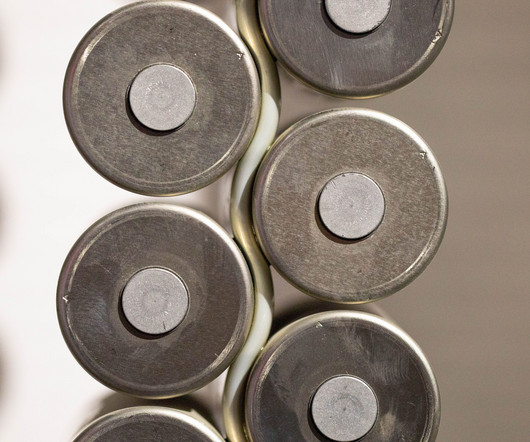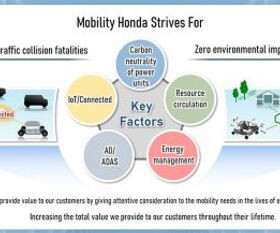Ford, VW & China seek deal with Indonesia for EV battery materials
Teslarati
APRIL 16, 2023
Indonesia’s Minister of Investment, Bahlil Lahadalia, recently stated that Volkswagen plans to build an electric vehicle (EV) battery ecosystem in the Southeast Asian country. The German automaker is partnering with miner Vale, Ford, and Chinese battery minerals producer Zhejiang Huayou Cobalt to build the EV ecosystem.












Let's personalize your content